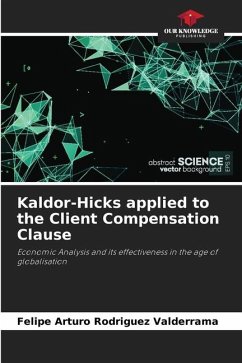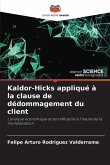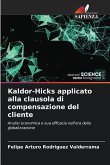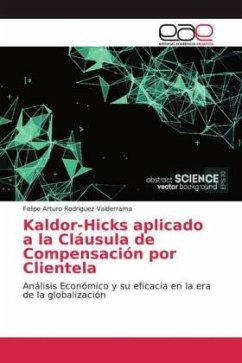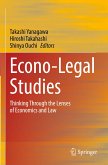The Client Compensation Clause is a perverse incentive mechanism, which distorts the economic function of the agency contract, such as the order of preferences and the maximisation of the expected utility for both parties to the business relationship; this right granted to the agent is not found in other contracts that seek to promote business in favour of a third party, in reference to business collaboration contracts. The use of compensation as a criterion of superior efficiency, or Kaldor-Hicks is, in theory, an improvement in the perception of the conditions of a presumably losing party, which, by the will of the party with better income or in a better position, decides, by its own means and will, to improve the condition of the supposed loser, thus generating a reasonable social benefit; but, using forced compensation, as has been demonstrated in these pages, generates higher transaction costs and an important social loss.

